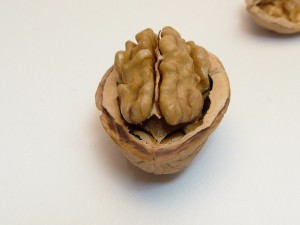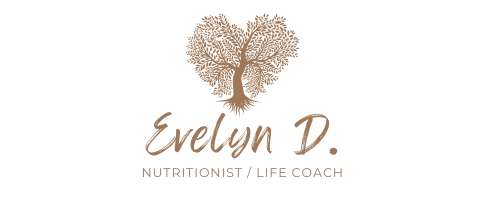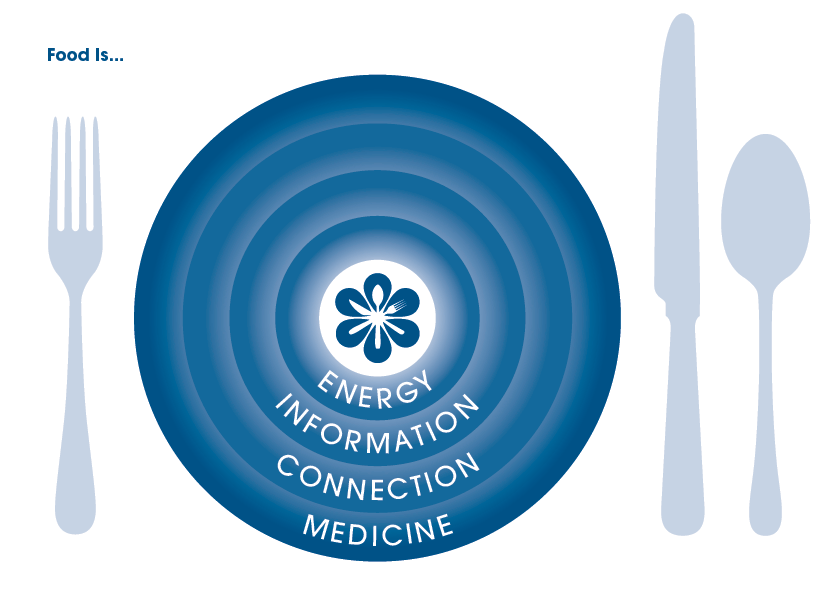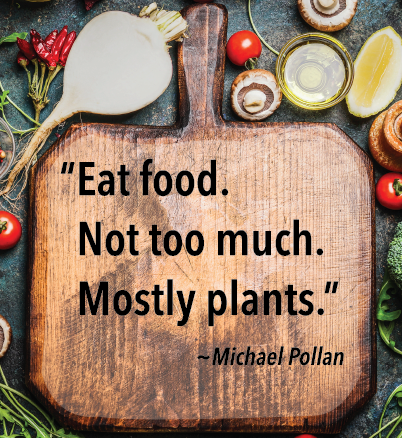Just a quick post to offer 3 eating shifts that support our brains, particularly for the millions of people effected by brain injury (and the millions of us that experience brain fog, focus issues, brain flatulence, etc…).
These shifts are presented in steps to make it easier to transition…so in other words, step 1 is easier than step 2 which is easier than step 3 – but all are completely do-able!
STEP 1. EAT A VARIETY OF WHOLE, NUTRIENT DENSE FOODS WHILE AVOIDING ALL QUESTIONABLE PROCESSED FOODS
Most processed foods contain mystery ingredients, chemicals and processing agents that not only strip the nutrients out of the food, but also cause inflammation which effects the brain, the nervous system and cellular health.
The food industry, for the most part, does not give a crap about your health. It cares about increasing sales, lowering production cost and not violating government regulations which are established by conflicting interests.
So in other words, we’re screwed if we think we can trust the food industry or government at all when it comes to our health – especially in the USA. We just simply can’t.
Here’s a great way to start this first step: Eat whole foods, loads of non-starchy vegetables and high quality fats and protein. Nothing processed unless you scrutinize the back label and it looks “clean”. (You are always welcome to send a questionable food item my way – I LIVE to research this stuff!)
Watch out for all flours, milks and “fortified foods” which have synthetic folic acid added to them. One out of two people have genetic SNPs (MTHFR) that make metabolizing synthetic folic acid VERY difficult in our cells and pathways – particularly brain cells and neurotransmitters. Switch your supplements from folic acid to either whole food/natural folate or methylated folate (work with a knowledgable practitioner on testing and dosing.)
STEP 2. REDUCE CARBOHYDRATES AND INCREASE HEALTHY FATS
When we use sugar – or glucose – as our primary fuel in the body, we set ourselves up for metabolic challenges. The uptick in glucose – which is converted from all carbohydrate foods – not just the sweet ones – raises blood glucose, which raises insulin, which not only increases inflammation and stress in the body, but also promotes fat storage. Fructose has a different metabolic pathway, but it’s also challenging to the body, so watch fruit intake as well.
In this step, think about crowding out starchy and sweet carb-heavy foods like cereal, bagels, sandwiches, fries, pasta and pizza, etc… for veggies, protein and more healthy fats.
Healthy fats include avocado, olive oil, nuts, seeds, fatty fish, coconut oil and organic/pastured animal fats. Coconut is particularly well studied in support of brain health. Use it for cooking, low carb desserts and smoothies.
Unhealthy fats include corn oil, canola, soybean and other chemically processed seed oils that increase inflammatory fats – mainly Omega 6 fats – in the body.
STEP 3. ADOPT A KETOGENIC DIET
If you want to be a brain health rockstar, go KETO, baby! This is considered an extreme way of eating, but it is only by today’s sick standards. In fact, if we look at ancestral health, a ketogenic way of eating was much more foundational than a carb heavy diet – particularly in harsher climates.
Nasty liquid ketogenic diets had been used therapeutically in hospitals for seizure treatments before Big Pharma introduced anti-seizure medications. Then the diet approach went out the window mainly because it was less profitable and not as sexy as the drug (and surgery) route.
Running on ketones instead of glucose causes less metabolic stress and inflammation – especially for the brain and gut (by reducing propionic acid). And ketones are shown to be neuro-protective. Plus we draw on ketones from our fat cells, so we have a virtually unlimited supply to run on!
A ketogenic way of eating roughly follows these macronutrient ratios (see illustration):
As a functional nutritionist, I eat mostly ketogenic (without a brain injury) and my eating day looks something like this:
Coffee with full fat coconut milk and stevia.
AM Work out. Post workout protein shake with sunflower butter and flax, coconut oil OR 2 eggs fried in palm oil with greens, onion, garlic, pastured sausages, raw saurkraut.
Snack on walnuts, seeds, a coconut treat or avocado wrap mid afternoon (if needed).
Dinner is usually some meat or fish with non-starchy veggies and salad with avocado and homemade dressing.
It’s not a crazy diet, right?
It’s super doable and you actually eat less often because you’re so full and satisfied!
My brain fog and energy levels have also improved eating this way.
I’ll have starchy veggies, dark chocolate and wine on occasion too so that I’m not completely restrictive. But I gotta say they don’t do much for me long term.
I strive to listen to my body and trust what it tells me I need (and I know it’s not chips, candy or donuts! :))
If you need support with making healthier diet shifts to support your brain or the brain of a loved one, please contact me for a nutrition session. I also offer workshops and packages to help spread the word and support more people on their journey to better health.
To learn more about the nutrition and brain science, I recommend books like Grain Brain from Dr. David Perlmutter, Change Your Brain, Change Your Life by Dr. Daniel Amen and I also suggest you read some of the many published studies on this topic by visiting PubMed.com and searching the words ketogenic and brain.
In love and health,
Ev





